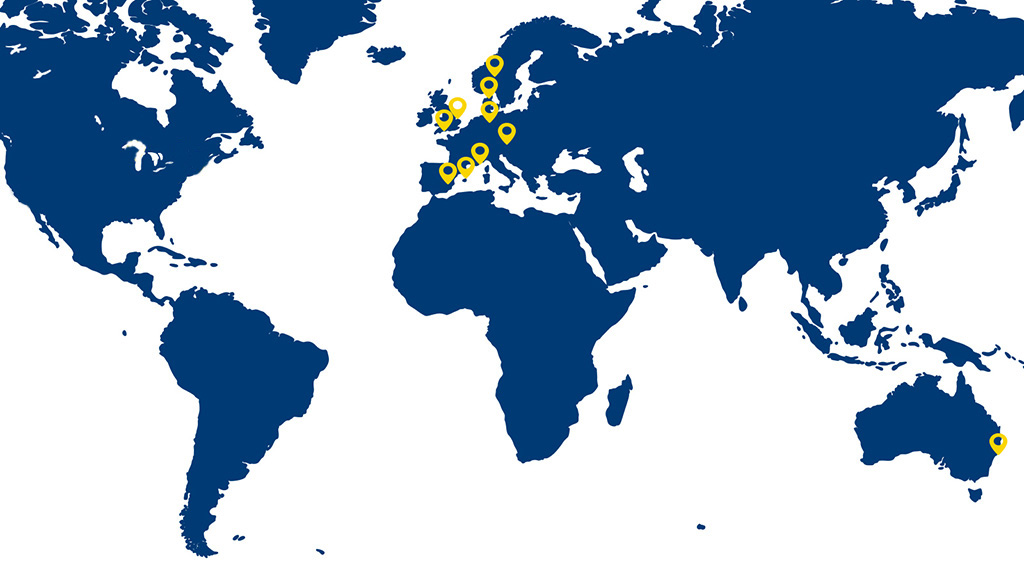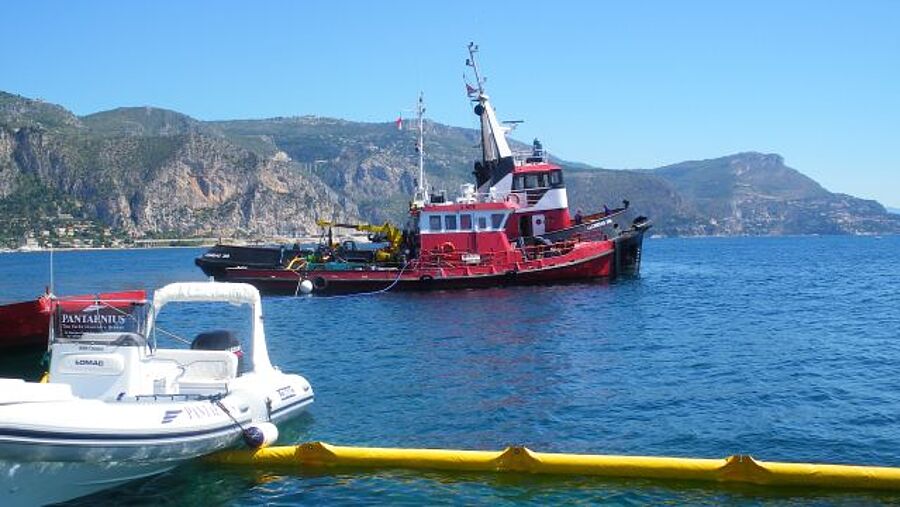
* Pantaenius UK Limited is authorised and regulated by the Financial Conduct Authority (Authorised No.308688)
If at any time you are in an emergency situation and require outside help, you will have other things to think about rather than worrying about salvage costs and other consequences. First the danger must be averted. In the aftermath, the consequences which a salvage operation may have are often very surprising.

In principle, anyone who successfully helps another vessel in distress at sea is entitled to salvage costs. And the salvor will not always be satisfied with a nice bottle from the bar. Ultimately, by paying salvage costs greater damage to or even total loss of the yacht can be avoided, and the risk of polluting the environment or obstructing the shipping lanes can be averted. Salvage fees can amount to up to 100% of the ship's value and – to ensure payment – can lead to the salvaged yacht being impounded. In this event, guarantees must be made by the insurer in order for the ship to be released. Negotiations over the final salvage fee end up before local courts and such cases can drag on for years. Fees for salvage and assistance towing are regulated by an international convention on salvage at sea. According to this convention, numerous criteria influence the way the salvage fee is calculated, including the total value of items saved, the effort and risk involved on the part of the salvor, the weather and regional conditions and the precise salvage measures taken. Since you, as a layman, will find it difficult to assess these aspects, we strongly advise against negotiating a salvage fee. It is more sensible to contact the insurer as quickly as possible and let them deal with the negotiations. In no event should you discuss specific amounts or the ship's value, nor should you sign any agreement. Our claims staff at Pantaenius are available round the clock and have wide-ranging experience of how to deal with such situations. If a salvor insists on an immediate agreement, we recommend that you only use the Lloyd's Open Form (LOF). This open form of contract can be used internationally and can even be agreed verbally. The LOF also contains an arbitration agreement on the basis of "no cure – no pay", which offers greater legal security should subsequent disputes arise.